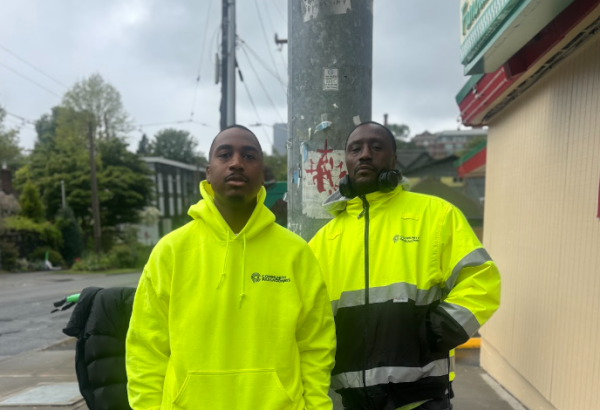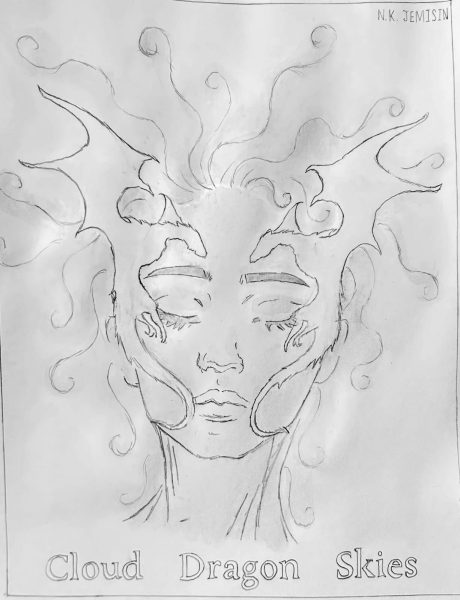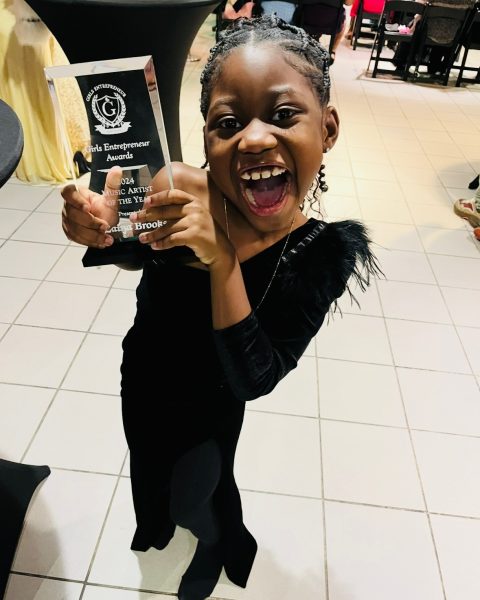Ramadan Mubarak
Ramadan in the Garfield community.
As one of the five pillars of Islam (faith, prayer, charity and the pilgrimage), Ramadan is a vital component of the Muslim faith. Occurring on the ninth month of the lunar calendar, it falls on various dates throughout various months.
Ramadan consists of 30 days of fasting, in which no food or liquid can be consumed from sunrise until sunset.
It’s described as the most religiously significant time of year for Muslims around the world as it unifies community members.
Besides refraining from food, the month also serves as a spiritual time to avoid impure or haram thoughts and actions.
“Ramadan takes on this meaning of being a time of cleansing, rejuvenation and clarity, which I do look forward to,” said Garfield history teacher Alekzandr Wray. “Others come to some more challenging things to give up like gossip or drama or issues or social media beef.”
Petty habits of our modern culture are targets during this month as the believer is meant to focus on their faith — not who liked whose post on Instagram. Besides avoiding social media and consumerism, Ramadan also becomes a time to purge oneself of guilt or grudges.
“You do see people randomly asking for forgiveness before the month starts because Ramadan is supposed to be the month of forgiveness and becomes the best time to seek it, both from other people and the creator,” Wray said.
The fast is broken every night with a meal known as Iftar, usually with family and various delicious dishes, such as sambusa, a fried or baked dish with a savoury filling.
“It’s traditionally the women who make the food, but there are some men that can do it. I have to help out, with cleaning the dishes, chopping and other things—everyday,” said sophomore Sabriina Abdi. “For Iftar, we spend an hour or two in the kitchen preparing the food. And then you can eat until the sun rises.”
Sahur, which is the morning meal before the fast begins, is accompanied by a morning prayer.
“If you want to eat Sahur, which is recommended so that you don’t run out of energy for the day, you have to wake up before the sun rises and before the first prayer,” Abdi said.
Though the daily fast is meant to be an act of sacrifice and self-discipline, there are techniques to manage thirst and hunger throughout the day.
“We usually eat white rice with milk [at Sahur] because it doesn’t make you thirsty or hungry for the rest of the day. You add them together and eat it like cereal” Abdi said.
Ramadan is a month spent with family, “People will come over to your house. You come together and eat together” said Abdi.
“We can go to different places to celebrate and not just go home by ourselves. With Ramadan you’re always with community for 30 days,” adds Wray.
At the end of the fast, Muslims celebrate with a three-day holiday called Eid.
“Getting fitted for Eid is fun as well,” Wray said. “Making my own traditions for me and my family has been a cool opportunity. We like to get a projector and watch a movie outside our house to celebrate the end of Ramadan.”
This year, similar to last, Ramadan has fallen in the middle of the school year, which can become difficult for some teachers and students.
“It was a little tough to go an entire day teaching without eating,” Wray said. “With fasting, you give up music too, and I like to use music when I’m teaching. So it was weird to be in my classes and not have any music in it. It feels like my class has no energy, so there’s that.” Although somewhat difficult, it’s definitely not impossible.
Abdi also added, “People do not care, honestly, if you eat in front of them. Once you’re already fasting, you don’t even get that hungry. It’s psychological, I think.”
Ramadan, and fasting along with it, becomes part of the daily routine. Besides being a time of community, faith, and devotion, it’s a time to reflect and reconnect with one’s beliefs, which we all need sometimes. Ramadan Mubarak!
ART BY CECILIA HAMMOND





